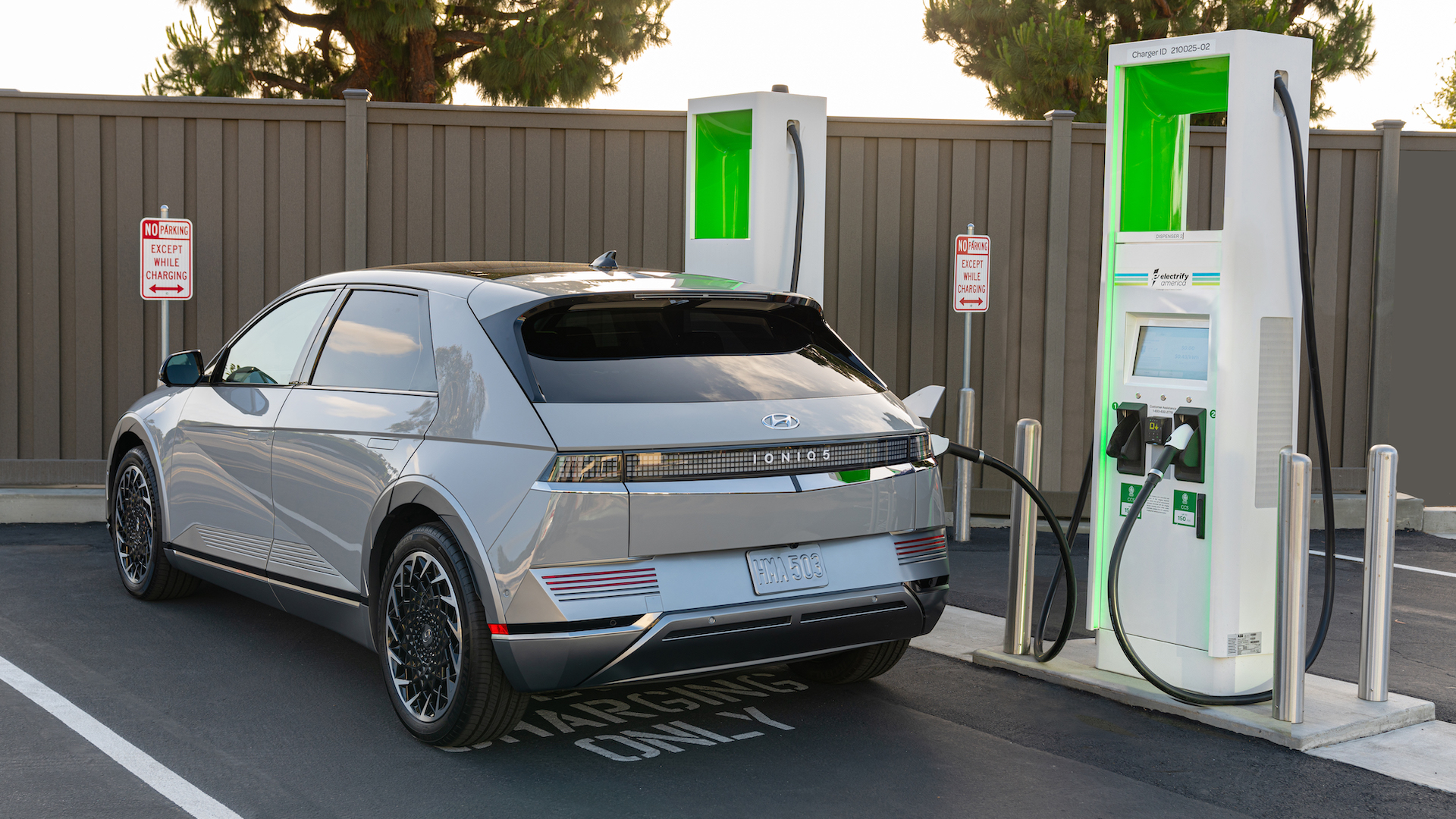

Hyundai claims it will slash up to 50 percent of its internal combustion vehicle production in order to boost the resources available to make electric cars, a report by Reuters claimed Friday, citing sources close to the automaker. The group’s decision is apparently motivated by the need to free up research and development resources to continue expanding its electric vehicle offerings in order to hit a target of selling one million EVs by 2025.
Earlier this month, Hyundai announced that it would invest $7.4 billion in EV manufacturing and infrastructure in the US alone. And in April, said that its N performance line would be coming to EVs, which isn’t exactly a conflict with combustion development but does speak to extensive plans for research and development to be focussing on electric technologies, whether battery or fuel cell, rather than continuing to pursue combustion.

According to Reuters, one of two people at Hyundai it spoke to said, “Hyundai has stopped developing new powertrains for internal combustion engine cars.”
That tallies with another Hyundai employee quoted as saying that 50 percent of combustion models would be slashed because “it is an important business move, which first and foremost allows the release of R&D resources to focus on the rest: electric motors, batteries, fuel cells.”
Hyundai is far from the first manufacturer to halt the development of new internal combustion vehicles. Mercedes has also hinted recently that it will move away from internal combustion development sooner than they’d previously announced. And although BMW seems to flip on this every quarter, it also recently committed to halving the number of engines leaving their factories in order to make more space to build EVs. Audi also announced it was out of the gas performance race earlier this year.
We’ve reached out to Hyundai for comment and we will update this story when we hear back.
Got a story tip? Mail me on hazel@thedrive.com